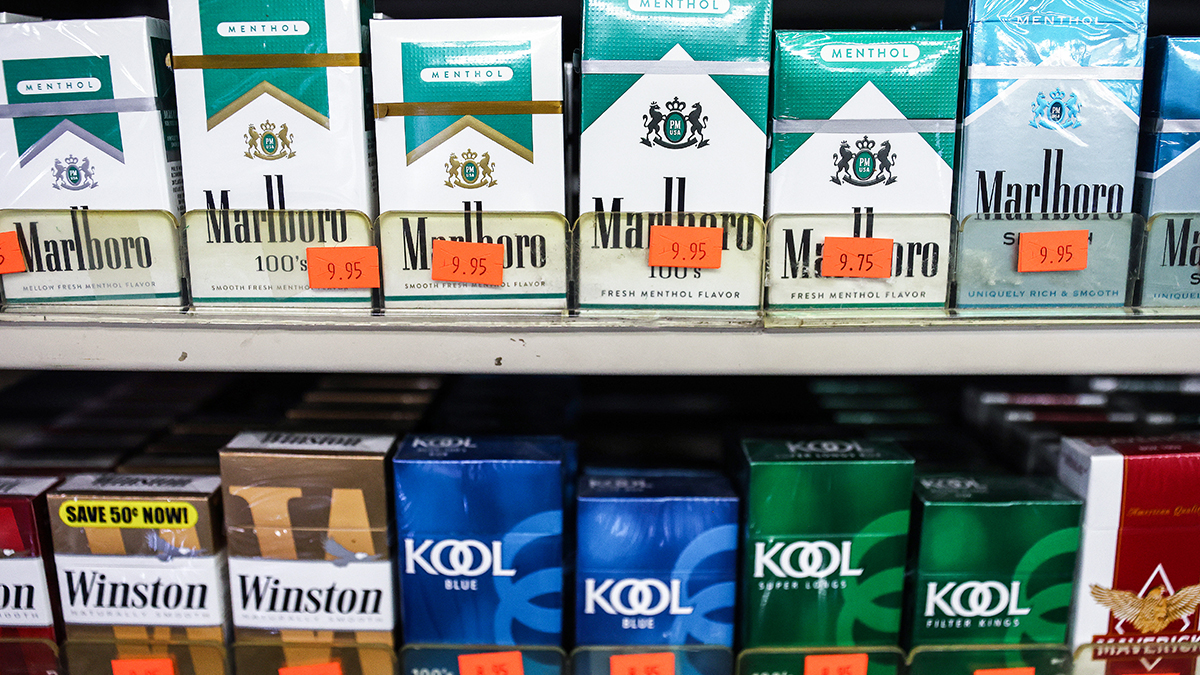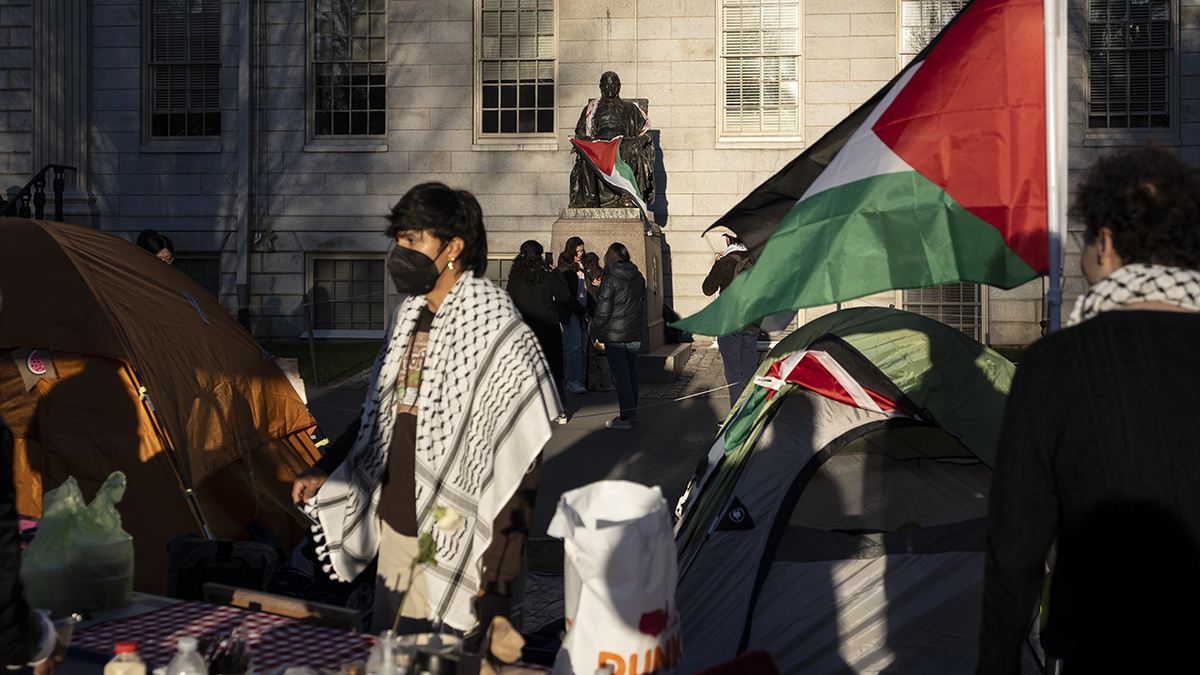A Palestinian motorist rammed his vehicle into a group of Israeli soldiers at a West Bank checkpoint on Tuesday, wounding three, Israel's military said, as U.S. Secretary of State John Kerry visited for the first time in over a year, hoping to calm two months of deadly violence.
Kerry touched down amid a new rash of deadly attacks that have dampened any lingering hopes of renewed peace negotiations between Israel and the Palestinians during the Obama administration's final year. Ahead of his trip, Kerry conceded he was coming without the ambitious agenda of past visits and was primarily focused on stemming the violence.
"There can be no peace when we have an onslaught of terror, not here, not anywhere else," Israeli Prime Minister Benjamin Netanyahu said as he welcomed the chief American diplomat.
With Netanyahu nodding, Kerry said Israel had a right and obligation to defend itself and that "no people anywhere should live with daily violence, with attacks in the streets with knives, with scissors, with cars." At the same time, he said he would speak with the Israeli leader about how "to push back against terrorism, to push back against senseless violence, and to find a way forward to restore calm and begin to provide opportunities."
Kerry will travel to the West Bank for discussions with Palestinian President Mahmoud Abbas later on Tuesday.
The current spate of violence erupted in mid-September over tensions surrounding a sensitive Jerusalem holy site and quickly spread across Israel and into the West Bank and Gaza Strip. Nineteen Israelis have been killed, mostly in stabbings. Israeli fire has killed 89 Palestinians. Israel says 57 of these were attackers, while the rest died in clashes with security forces.
The past week has been the deadliest thus far.
U.S. & World
A Palestinian fatally stabbed an Israeli soldier at a West Bank gas station Monday before being killed along with two other Palestinian attackers. Five people were killed in stabbing and shooting attacks on Nov. 19, including Ezra Schwartz, an 18-year-old from Kerry's home state of Massachusetts.
Amid so much violence, Kerry said Monday he would be traveling to Israel and the Palestinian territories without any "highfalutin, grandiose, hidden agenda." Instead, he was seeking steps "that could calm things down a little bit so people aren't living in absolute, daily terror."
But the attacks renewed as quickly as Kerry landed.
At the West Bank checkpoint Tuesday, the Israeli military said a Palestinian motorist rammed a group of soldiers, lightly wounding three of them. It said the attacker was shot and wounded at the scene.
Kerry's broader concerns haven't changed, however, and he is likely to ask both sides to avoid provocative actions. For the Israelis, that means holding off on the construction of new settlements in lands the Palestinians seek for their future state. For the Palestinians, it means ending incitement to violence.
Kerry has visited Israel and the Palestinian territories only once since the collapse in April 2014 of a nine-month peace process he led. He traveled back three months later during a war between Israel and Hamas militants in Gaza.
In recent months, Kerry and other U.S. officials have suggested a renewed peace push might be possible. Presidents George W. Bush and Bill Clinton made unsuccessful attempts at brokering a two-state solution during their final months in office. But the rising death toll seems, for now, to have created an environment that makes a similar commitment by President Barack Obama unlikely.
Kerry told reporters traveling with him in the Middle East that the U.S. was prepared to re-engage in a serious peace effort, and said "we have ideas for how things could proceed."
"But this street violence doesn't provide any leader with a framework within which they can look their people in the eye and say, 'There's a reason to be sitting down and talking about this or that,' " he added. "People aren't in the mood for concessions. They're in the mood for being tough."
Showing no signs of softening, Netanyahu told Kerry that Israel would fight "every hour" against those committing and inciting violence, linking his government's efforts to the international campaign against the Islamic State group and other extremist forces.
"It's not only our battle; it's everyone's battle," he said. "It's a battle of civilization against barbarism."
Abbas, for his part, has provided no indication that he wants to restart direct peace talks with the Israelis anytime soon.
Israel says the recent violence stems from Palestinian incitement and incendiary videos on social media. The Palestinians say it is rooted in frustration over almost five decades of Israeli occupation and little hope for obtaining independence. Palestinians also accuse Israel of using excessive force, saying some attackers can be stopped without being killed.



